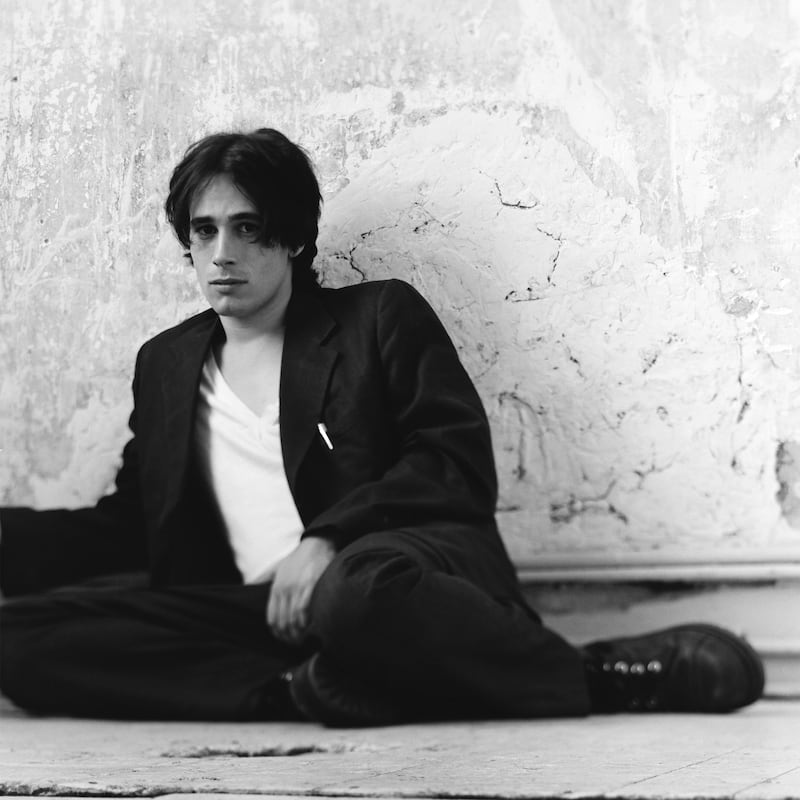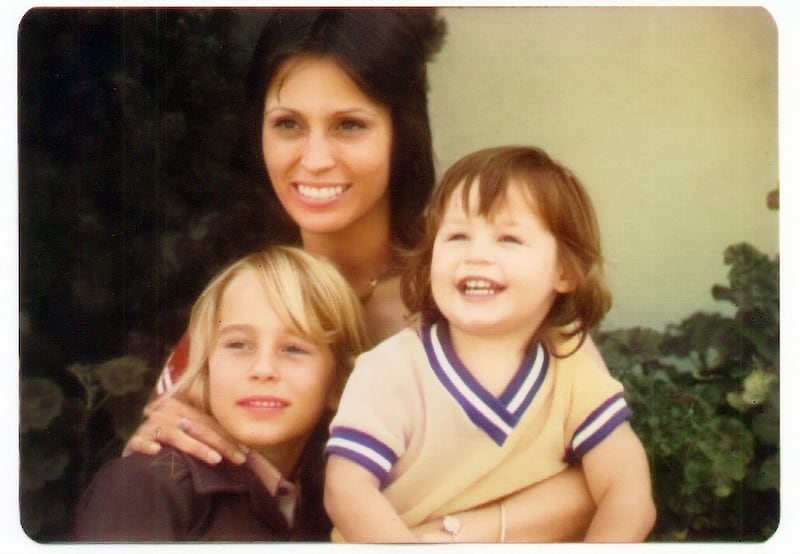Jeff Buckley, the quintessential “alternative” singer-songwriter of the 1990s, is more popular now than ever, if my college freshman niece’s Instagram stories are to be believed.
The unpredictable performer with Catholic influences, James Dean looks, a Mariana Trench-sized vocal range and a vaudevillian’s sense of stage patter died in a freak accident at the age of 30, with only one studio recording, Grace, under his belt.
Though certainly celebrated by those with taste in his lifetime, the too-soon-gone tragedy of his early passing makes a perfect fit for his heart-on-its-sleeve musical style. As a longtime fan I’d give anything for him to have survived and made more music for decades, but I understand the allure the beautiful corpse legend has for new fans.
It is, of course, something of an inherited legend. Jeff’s father, Tim, was a similarly genre-breaking singer who died at age 28, of a heroin overdose. The 8-year-old Jeff barely knew his father at the time of his death, but the documentary It’s Never Over, Jeff Buckley, in theaters Friday, August 8, suggests an inherited, congenital, all-encompassing musicality.
 Jeff Buckley and Mary Guibert. Magnolia Pictures
Jeff Buckley and Mary Guibert. Magnolia Pictures
Amy Berg’s film, which is chock-a-block with tremendous footage, seems at times to be arguing a court case more than telling a story. Young Jeff, equally obsessed with Judy Garland, Al Di Meola, and Led Zeppelin, vibrated on a frequency unheard by mere mortals, you see. Berg seems weirdly driven to convince anyone who comes within a ten mile radius of this film that Buckley was a genius, and anyone who doesn’t agree is an idiot.
This strange lack of chill is mixed with a gaudy overuse of visual clutter. There’s a tacky reliance on printed lyrics on the screen, as well as some of Jeff’s doodles that quickly become overbearing. The recent documentary Moonage Daydream took a collage approach to express the appeal and importance of David Bowie. Passages of Berg’s film make a similar attempt, but it is far less successful.
Luckily, though, this is still a movie about Jeff Buckley, so the music is terrific, and the time capsule aspect of his early 1990s life in New York’s East Village will surely delight many. (Allow me to brag that I didn’t just see him perform at Cafe Sin-é back in the day, I saw him make coffee!) The film is loaded with striking anecdotes —ike how he would regularly go to Tower Records, buy the Tim Buckley catalogue, listen to it, then throw it in the trash, and how receiving a compliment from his idol Robert Plant sent him into such a state of mania he disappeared for a few days.
Interview subjects include Buckley’s mother, who has been cautiously guiding his successful posthumous career, touring bandmates and ex-girlfriends. We hear his old elaborate outgoing answering machine messages (Spinach the Cat!), watch him in the van on the Grace tour, and see the moment he got to meet Nusrat Fateh Ali Khan. (Unable to communicate via language, Buckley sang scales at the legendary qawwali singer, apparently causing a bit of a fuss backstage at New York’s Town Hall.)
 Jeff Buckley. Magnolia Pictures
Jeff Buckley. Magnolia Pictures
The film explores how fame and pressure to follow-up Grace drove him to the brink of madness, and how, during his retreat to Memphis, he became convinced he did not have much longer to live.
It’s Never Over is thorough when it comes to many aspects of Jeff’s life, but there are some curious absences. Strangely, there’s only a blink-and-you-miss-it photo of Gary Lucas, but no mention of his early New York musical mentor who co-wrote two of Buckley’s most lasting songs and who employed him in his first band.
 Jeff Buckley and Mary Guibert. Magnolia Pictures
Jeff Buckley and Mary Guibert. Magnolia Pictures
Similarly nothing about Tom Verlaine, who was hired to produce Buckley’s second album, which the performer intended to ashcan and rerecord. Sadly, the very day his group landed in Memphis, Jeff decided, somewhat euphorically, to take a swim in the Wolf River. While singing Led Zeppelin he was caught in a ship’s wake and drowned.
The Jeff (and Tim) Buckley story is a true tragedy of what could have been, but at least we have the music. My favorite song is probably “Last Goodbye.” What’s yours?

